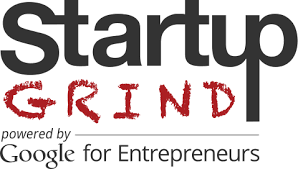 To keep morale and motivation high, it’s essential to motivate your top performers as well those who need to improve and those who need to be shown the door. There’s a shorthand code for these three groups of employees:
To keep morale and motivation high, it’s essential to motivate your top performers as well those who need to improve and those who need to be shown the door. There’s a shorthand code for these three groups of employees:
Saints: those who may be a great fit with our culture but who are poor performers.
- Dogs: those who score high on the performance scale but who are a poor cultural fit
- Stars: those rare but wonderful individuals who are both high performers and a good fit with our cultural values. These folks are given extra incentives to remain long-term members of our organization.
Our response to saints and dogs is the same: shape up or ship out. While this may sound harsh, keeping employees who don’t perform or fit with your company values risks bringing down the whole ship.
As I note in my new book, “The 100: Building Blocks for Business Leadership,” most employees are not fired because they lack necessary technical skills. Most often they have poor emotional intelligence. In other words, their personality or people skills are a poor fit with our cultural expectations. Firing someone with top technical skills who alienates clients or teammates through arrogance or bullying is a no-brainer. Those folks, along with those kind souls who can’t seem to get anything done, are not organizational assets.
Once you’ve made a decision to let someone go, do so quickly and use the following guidelines to make the process as painless as possible (for you and them!):
- Have two people from your firm present
- Bring a legal separation (especially if severance pay is involved) agreement
- Quickly pay the fired employee for all hours worked and for unreimbursed expenses and any unused vacation time
- Be mentally prepared for the employee to promise he or she will change
- Do not let the employee change your decision
 hanks to MinnPost for publishing my article Lifelong Learning: only a click away. Here’s the start:
hanks to MinnPost for publishing my article Lifelong Learning: only a click away. Here’s the start:
 To keep morale and motivation high, it’s essential to motivate your top performers as well those who need to improve and those who need to be shown the door. There’s a shorthand code for these three groups of employees:
To keep morale and motivation high, it’s essential to motivate your top performers as well those who need to improve and those who need to be shown the door. There’s a shorthand code for these three groups of employees: